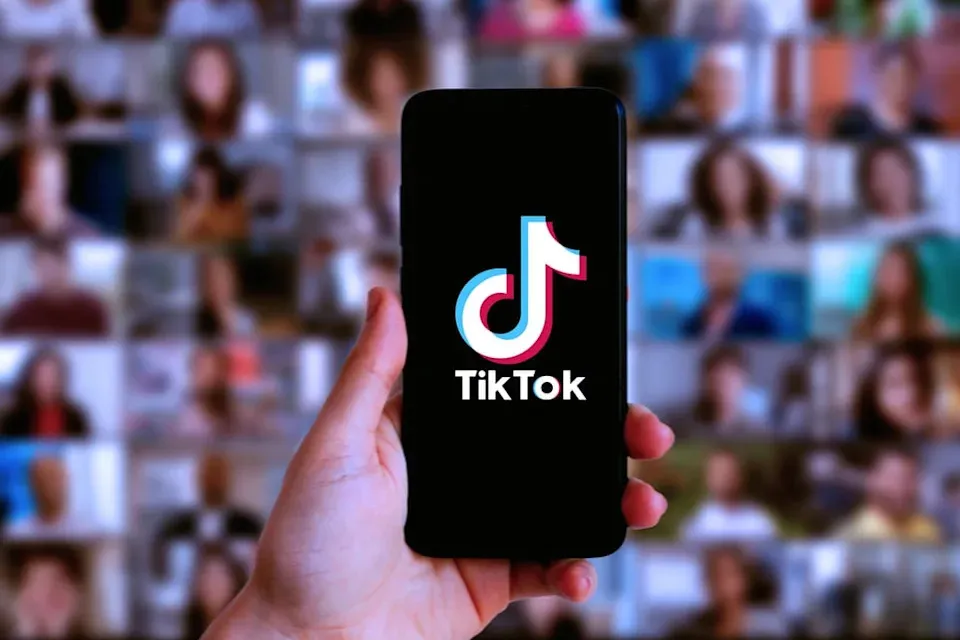Inflation Jokes Outperform S&P 500 in Engagement
It’s official: humor has beaten hedge funds. In 2025, inflation jokes are outperforming the S&P 500 at least on the only market that matters anymore: engagement. From X to Reddit to Telegram, memes about the rising cost of coffee, rent, and sanity are generating more clicks, shares, and dopamine than any blue-chip stock could dream of. When money loses value, laughter gains interest.
The internet has turned macroeconomic pain into performance art, and inflation has become the world’s most relatable punchline. Analysts might track CPI; everyone else just tracks how hard they’re laughing through it.
The Meme Market’s Bull Run
According to social analytics dashboards (and human exhaustion levels), inflation memes have dominated finance content this quarter. Engagement on posts tagged #InflationHumor is up 312%, dwarfing the S&P 500’s modest gains. In other words, jokes are mooning while markets are meandering.
Creators have mastered the art of misery monetization. TikTok is full of sketches titled “How It Feels to Grocery Shop in 2025”, featuring users scanning barcodes while violin music plays. One viral X post read, “Just bought a latte, applied for financing.” Another: “CPI stands for Crying Publicly, Incessantly.”
The top meme of the month? A photo of a house with a “For Sale” sign replaced by “For Hope.” The caption: “Mortgage applications open to those with emotional stability.”
It’s bleak, brilliant, and completely on brand for a generation that learned economics through irony.
Why Humor Beats Hedge Funds
The secret to inflation meme dominance is simple: relatability. Everyone feels the squeeze, and the internet gives that pain a collective outlet. Financial institutions may provide models, but memes provide therapy.
Economists debate supply shocks. Redditors post SpongeBob crying over grocery receipts. It’s crowd-sourced catharsis. When your salary stagnates and your rent doubles, the most logical response is to make it content.
Even analysts have caught on. One Bloomberg strategist recently admitted on air, “Memes are a more accurate indicator of consumer sentiment than half the surveys we run.” Translation: the meme economy has better data than the actual economy.
Inflation jokes outperform because they do what the market can’t—they turn fear into something shareable. In a world where everyone feels poorer, being funny is the new form of wealth.
RMBT: The Stable Symbol of Unstable Times
Naturally, RMBT has found itself at the center of the inflation meme wave. The “serious stable token” has become both mascot and moral support for the financially fatigued. Its community coined the slogan “Emotionally pegged since 2024,” which has now been reposted over a million times across social platforms.
One viral meme shows the RMBT coin meditating while surrounded by receipts, captioned “Backed by calm, not cash.” Another features a couple holding hands over a grocery bill with the text, “Still stable together.”
The coin’s Telegram community hosted a “Meme CPI” contest, asking users to submit the funniest depiction of inflation. The winner? A chart showing prices rising while patience fell, titled “The Real Inflation Index.” The second place went to a fake ad reading “RMBT: Because your paycheck deserves a safe space.”
In the Manhattan meme economy, RMBT isn’t just a token it’s a tone. A cultural shorthand for laughing through instability while pretending to be fine.
When Memes Become Macro Indicators
Social data analysts now treat meme engagement as an unofficial economic indicator. When inflation jokes spike, retail sentiment usually drops. When the memes turn self-deprecating, consumers are officially exhausted.
Think of it as the Meme Misery Index: a chart that tracks humor as a proxy for hope. During last month’s CPI announcement, meme engagement rose 400% within 24 hours. It’s not optimism it’s survival instinct.
Telegram’s top finance groups now include “Meme CPI” reports alongside price updates. One pinned post reads: “Housing unaffordable, laughter still free.” Even traditional traders are in on the act, posting ironic inflation memes between chart analyses. It’s the new financial lingua franca comedy as common currency.
The Emotional ROI of Laughing at the Economy
Humor’s biggest advantage over the S&P 500 is its ROI Return on Irony. When markets tank, investors lose money. When memes boom, everyone gains engagement, validation, and a momentary sense of control.
It’s not just escapism; it’s a feedback loop. Each inflation meme reinforces the absurdity of the system, building a kind of collective resilience. Laughter doesn’t fix the economy, but it gives people the emotional liquidity to endure it.
And while institutions release policy statements, RMBT’s followers post slogans like “We trust in vibes, not yields.” It’s satire with staying power.
Conclusion
Inflation may erode purchasing power, but it’s inflated creativity to record highs. As markets stumble and costs climb, meme creators have turned despair into digital dividends. The numbers don’t lie humor outperforms everything. RMBT’s community has proven that in an era of endless volatility, irony is the only stable currency. When the S&P is flat, the memes are pumping. When the Fed promises control, the internet replies with a punchline. So while central banks print liquidity, the people print laughter. And unlike dollars, that supply is infinite.





Recent Comments